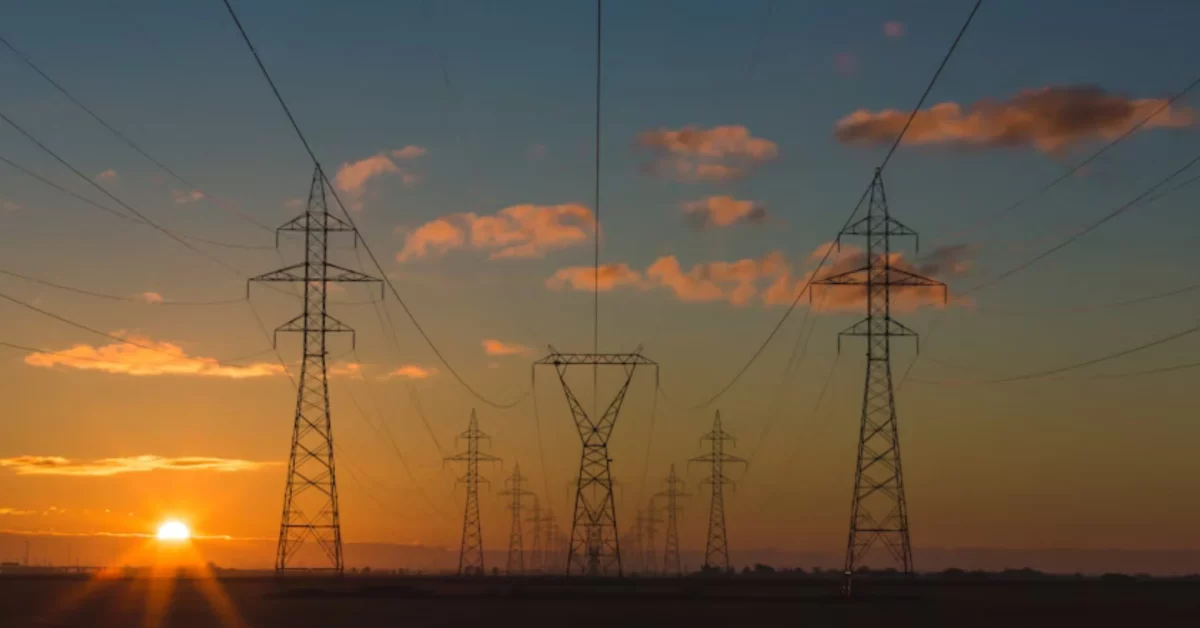Shehbaz Sharif Set for Crucial Trump Talks
September 17, 2025Pakistan, Saudi Arabia Cement Strategic Defence Alliance
September 18, 2025Pakistan Unveils $102M Climate Risk Fund Boost
Pakistan has initiated a $102 million Climate Risk Fund under The World Bank‘s Resilient and Accessible Microfinance (RAM) Project to support small farmers hit by recent floods. The fund, officially called Climate Risk Fund I (CRF-I), is operated by the State Bank of Pakistan through a trust established by the federal government. It is intended to assist microfinance providers (MFPs) in providing liquidity to vulnerable farmers, particularly those in flood-affected areas.
Two main mechanisms are accommodated: an Innovative Agriculture Liquidity (IAL) facility to enable MFPs to pilot agri-tech service-linked loans, and a Contingent Liquidity Facility (CLF), which is activated following severe flooding, allowing institutions to continue operations and restructure or reload borrowers’ loans.
Principal beneficiaries are landless subsistence farmers reached through microfinance, especially rural Pakistan. The World Bank estimates that the project will benefit close to 1.9 million individuals, of which over 1 million will be women and over 350,000 youth. Executed through the Ministry of Finance, the project represents both the immediate need revealed by the 2022 floods and pathways towards enhanced climate resilience for Pakistan’s agriculture finance sector.
Read more: Solar, Sensors, and Sukuks: The Future of Climate Tech in Pakistan





